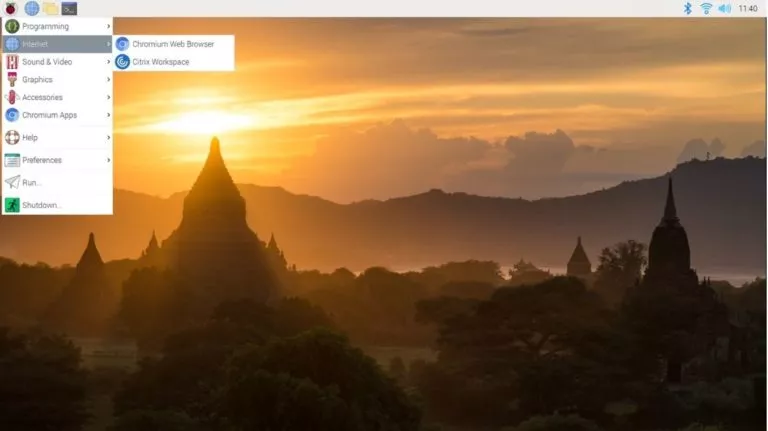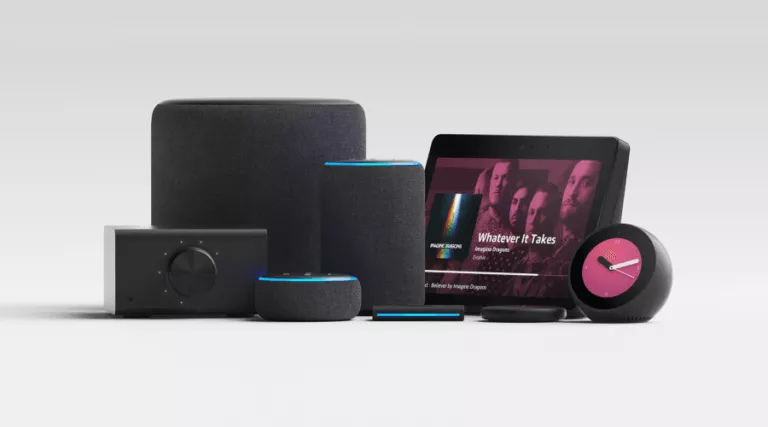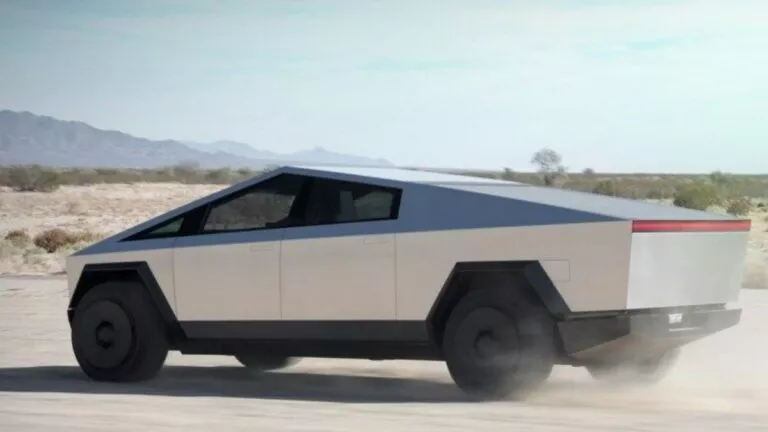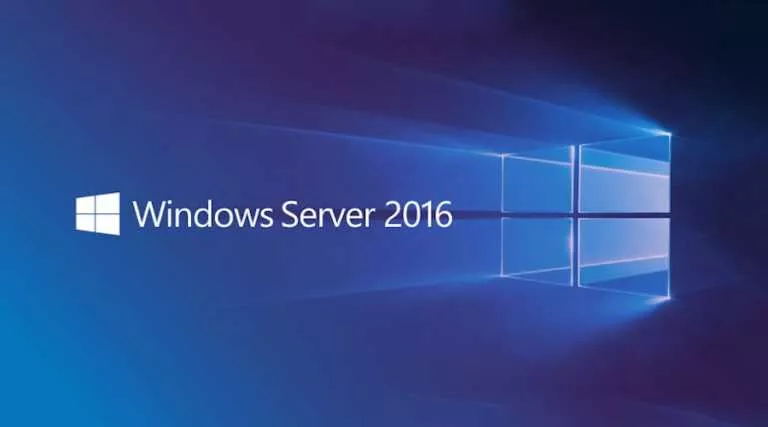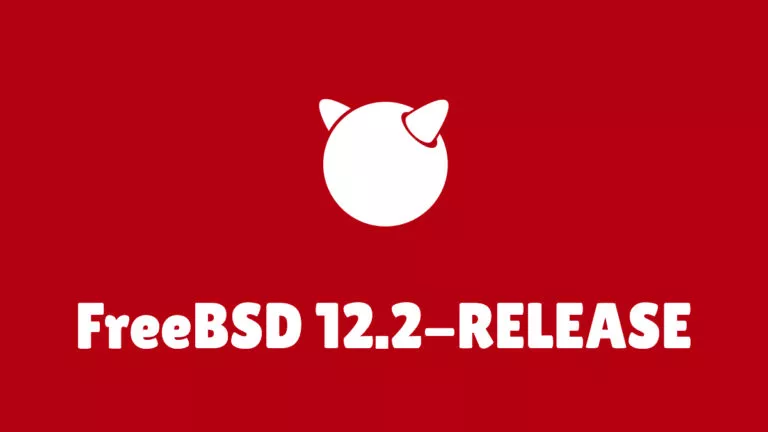Apple AR/VR Headset Coming In 2022: As Powerful As A Mac
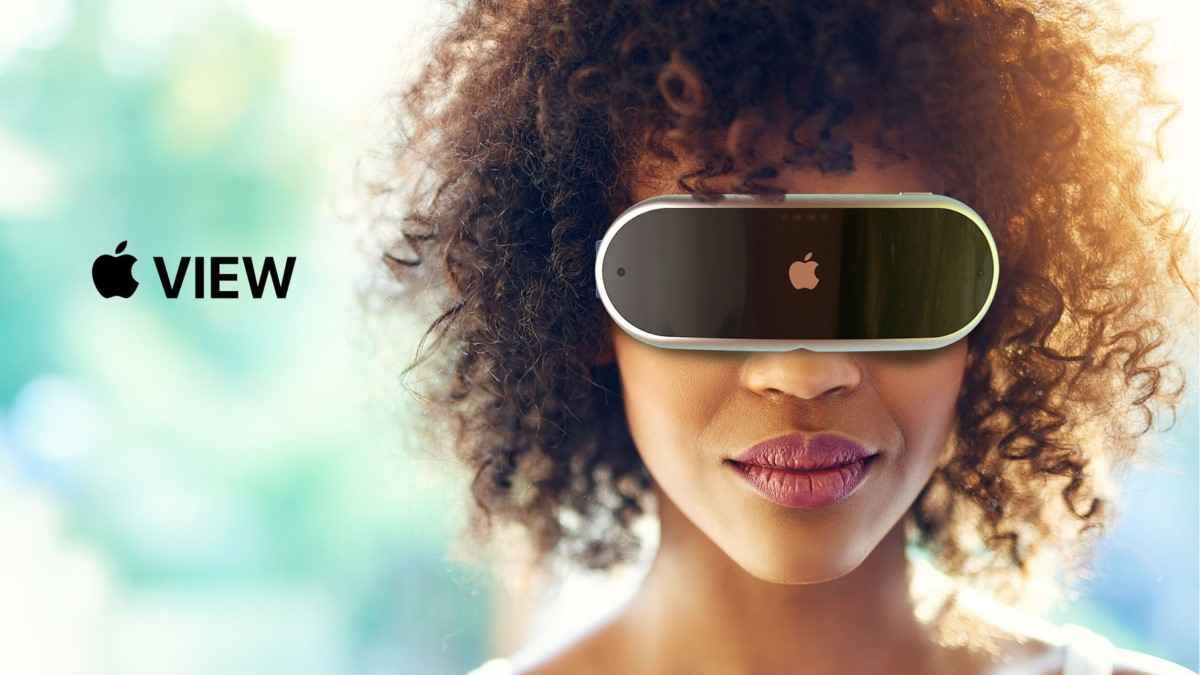
Apple Analyst Ming-chi Kuo has confirmed that Apple’s AR headset will come in the fourth quarter of 2022. In a research note spotted by MacRumors and 9to5Mac, Kuo confirmed that the headset would be coming next year. According to her, the headset will come with two processors.
One of these processors will have the same level of computing power as M1. The other would be a lower-end chip to manage the multiple sensors of the device.
We predict that Apple’s AR headset to be launched in 4Q22 will be equipped with two processors. The higher-end processor will have similar computing power as the M1 for Mac, whereas the lower-end processor will be in charge of sensor-related computing.
The power management unit (PMU) design of the high-end processor is similar to that of M1 because it has the same level of computing power as M1.
Apple Analyst Ming-chi Kuo
Apple AR/VR Headset Speculations
According to Kuo, Apple plans to replace the iPhone with AR in 10 years. The AR headset is the first step in that direction. He also predicts that the headset will also be able to support virtual reality (VR) experiences. As for its screen, he believes the headset will come with a pair of 4K Micro OLED displays from Sony.
With a processor as powerful as the M1, the AR headset is likely to be a standalone AR headset. Kuo thinks that “it will be positioned only as an accessory for the Mac or iPhone. It will not be conducive to the growth of the product. An AR headset that works independently means that it will have its ecosystem and provide the most complete and flexible user experience.”
Apple’s AR headset requires a separate processor as the computing power of the sensor is significantly higher than that of the iPhone. For example, the AR headset requires at least 6-8 optical modules to simultaneously provide continuous video see-through AR services to users. In comparison, an iPhone requires up to 3 optical modules running simultaneously and does not require continuous computing.
Apple Analyst Ming-chi Kuo

